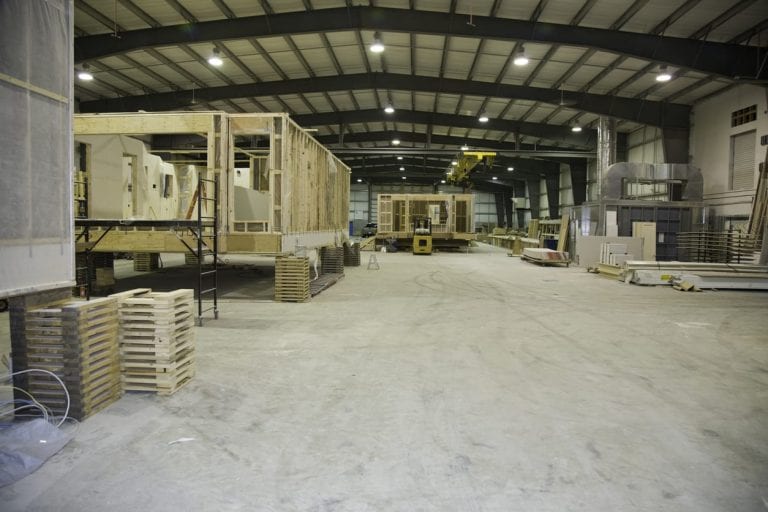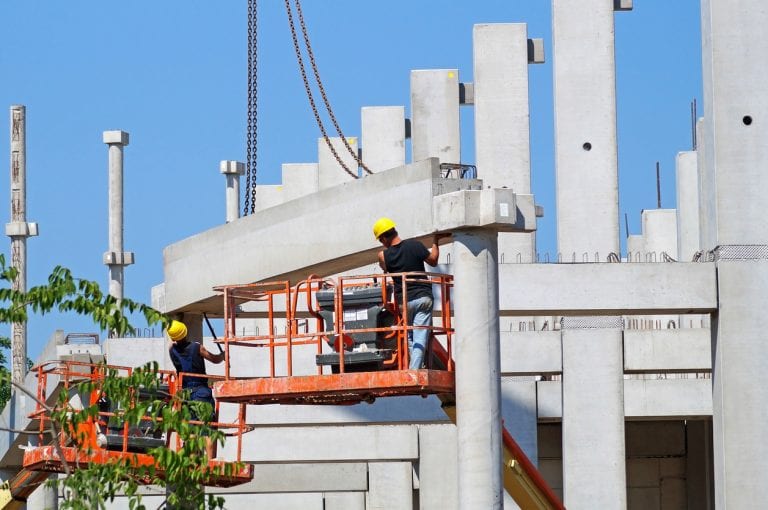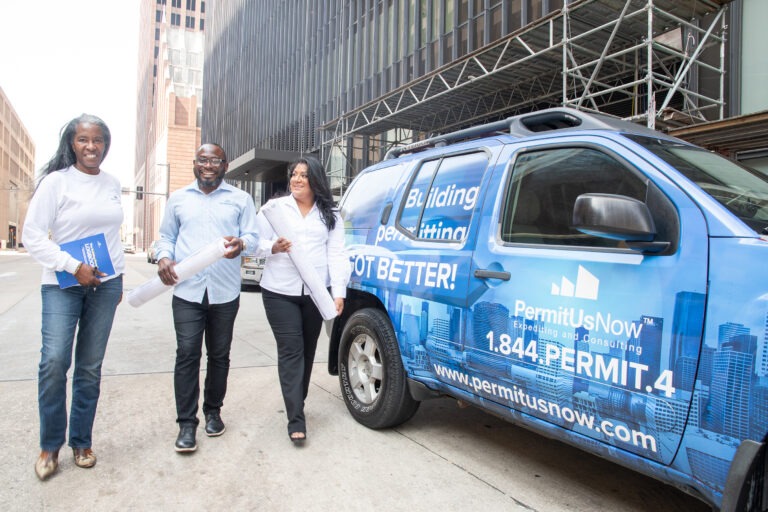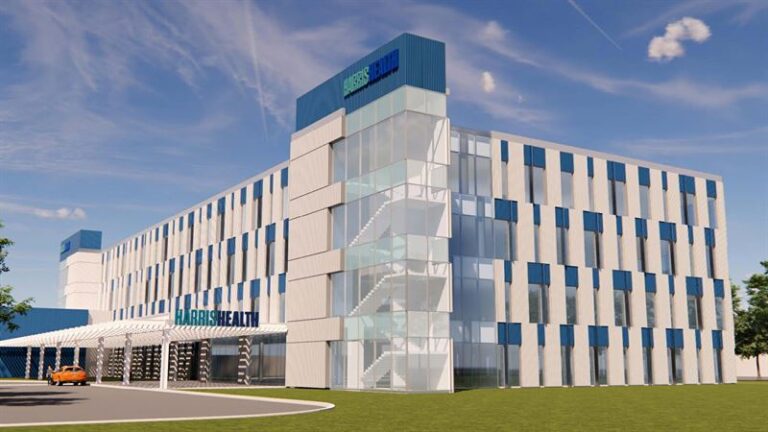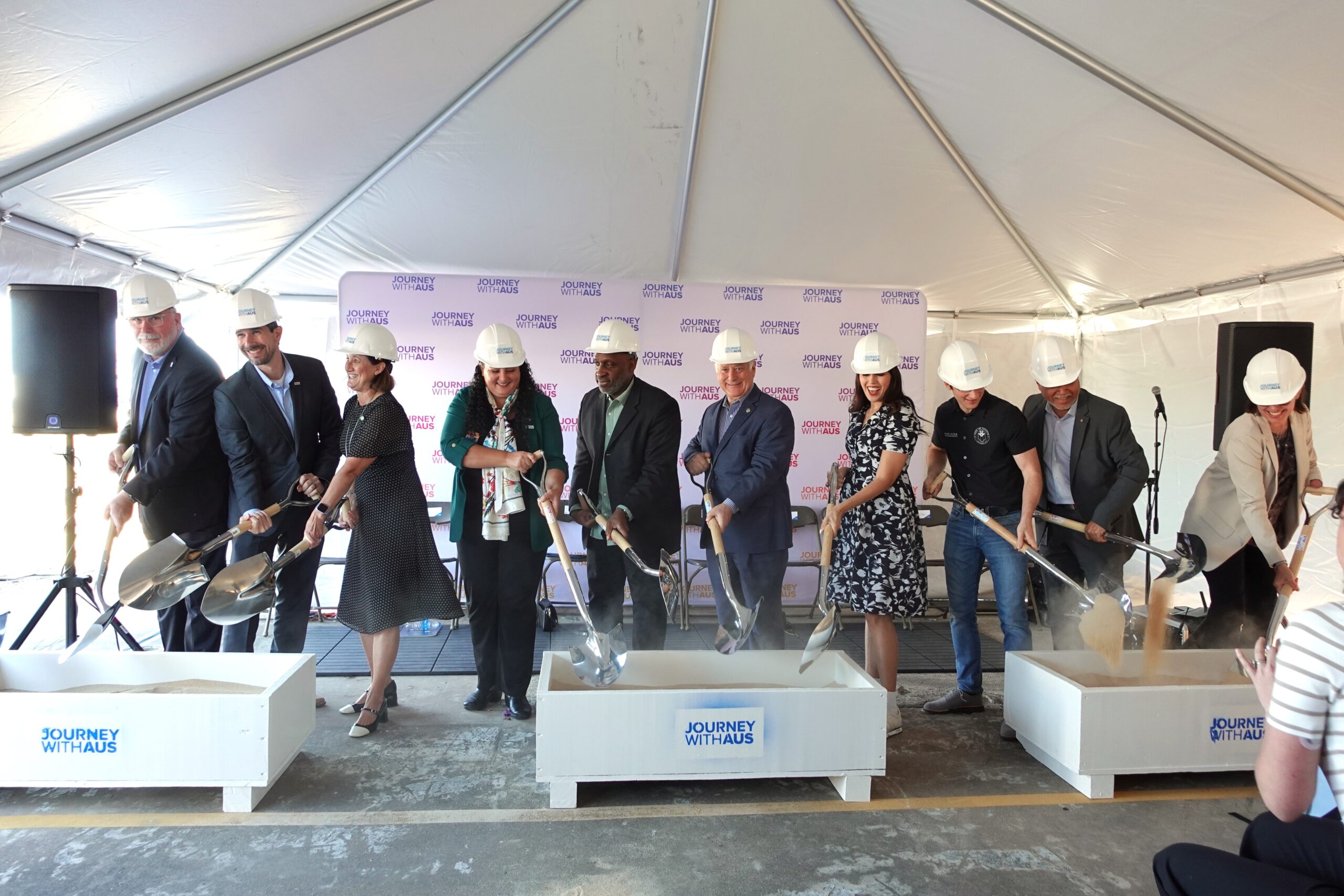
AUSTIN — Austin-Bergstrom International Airport (AUS) broke ground on two new concrete parallel midfield taxiways on Friday, September 27. These taxiways are a key component in developing a new 20-plus gate concourse.
These taxiways, expected to be completed in 2027, will streamline aircraft movement by connecting the runways, the Barbara Jordan Terminal, and the future Concourse B, significantly boosting airport capacity for more passenger and airline activity, a news release said.
“The Midfield Taxiways project is a critical investment in our city’s infrastructure, laying the groundwork for Austin-Bergstrom International Airport’s future expansion,” said Austin City Manager T.C. Broadnax. “This project demonstrates our commitment to providing world-class transportation facilities that support our growing economy and enhance the quality of life for our residents and visitors.”
The project is part of the larger Journey With AUS, Austin-Bergstrom’s multi-year expansion program to transform the airport from a medium-sized airport to one that can accommodate a growing Austin and Central Texas population.
“The Midfield Taxiways project is a crucial step towards the future of a bigger, better AUS,” said AUS CEO Ghizlane Badawi. “As we work with our airline partners to finalize the size, scope and scale of the concourse project, we’re ecstatic to break ground on the Midfield Taxiways, getting us one step closer to achieving a modern, larger and more comfortable airport for our community and business partners.”
Economic Impact and Project Financing
The Midfield Taxiways project represents a significant investment in Austin’s infrastructure, creating hundreds of local jobs throughout the construction phase. The Austin City Council authorized $320 million for the construction of the taxiways with construction partners Austin Industries and a $26.7 million contract with RS&H for design work. AUS secured $2.8 million in federal grant funding through the FY24 Federal Aviation Administration (FAA) Airport Improvement Program and $14.25 million from the FY24 Bipartisan Infrastructure Law–Airport Terminal Program.
This investment not only enhances AUS’s capabilities but also stimulates economic growth in Central Texas by improving airport services that are critical to business and tourism. As with all Journey With AUS projects and airport capital improvements, funding comes from federal grants, airport revenue, airport revenue bonds and does not receive any funds from local taxes.
Project Highlights
- Construction of two miles of parallel taxiways, along with smaller connector taxiways to support Concourse B and future expansions.
- Two bridges under the taxiways to improve connectivity for airfield support services.
- Installation of airfield lighting, signage, and a new taxi route for low-visibility conditions.
- Pavement recycling, building demolition, utility relocation, and drainage improvements.
- Roadway modifications and construction of a new parking lot on the south side of the airport property.
Impact on Passengers and Operations
While the airfield expansion will be visible to passengers during their flights, this construction will not affect flight schedules or the overall passenger experience. However, travelers should be aware of temporary traffic changes on the airport’s south side in 2025, as AUS prepares for the closure of the South Terminal in 2026.
Project Partners
The prime contractor, Austin Industries, alongside designer RS&H and project management services firm WSP, will oversee the construction and ensure timely completion. Progress on this project paves the way for construction to begin on the Concourse B project, which is currently in the pre-design phase following Austin City Council’s August 29th and September 26th’s approvals for the Concourse B design and construction firms. Concourse B will break ground on construction following the significant completion of the Midfield Taxiways. Like all Journey With AUS projects, local contractors and suppliers will play a key role in supporting the project, further contributing to Austin’s economy.
Source: Austin-Bergstrom International Airport



